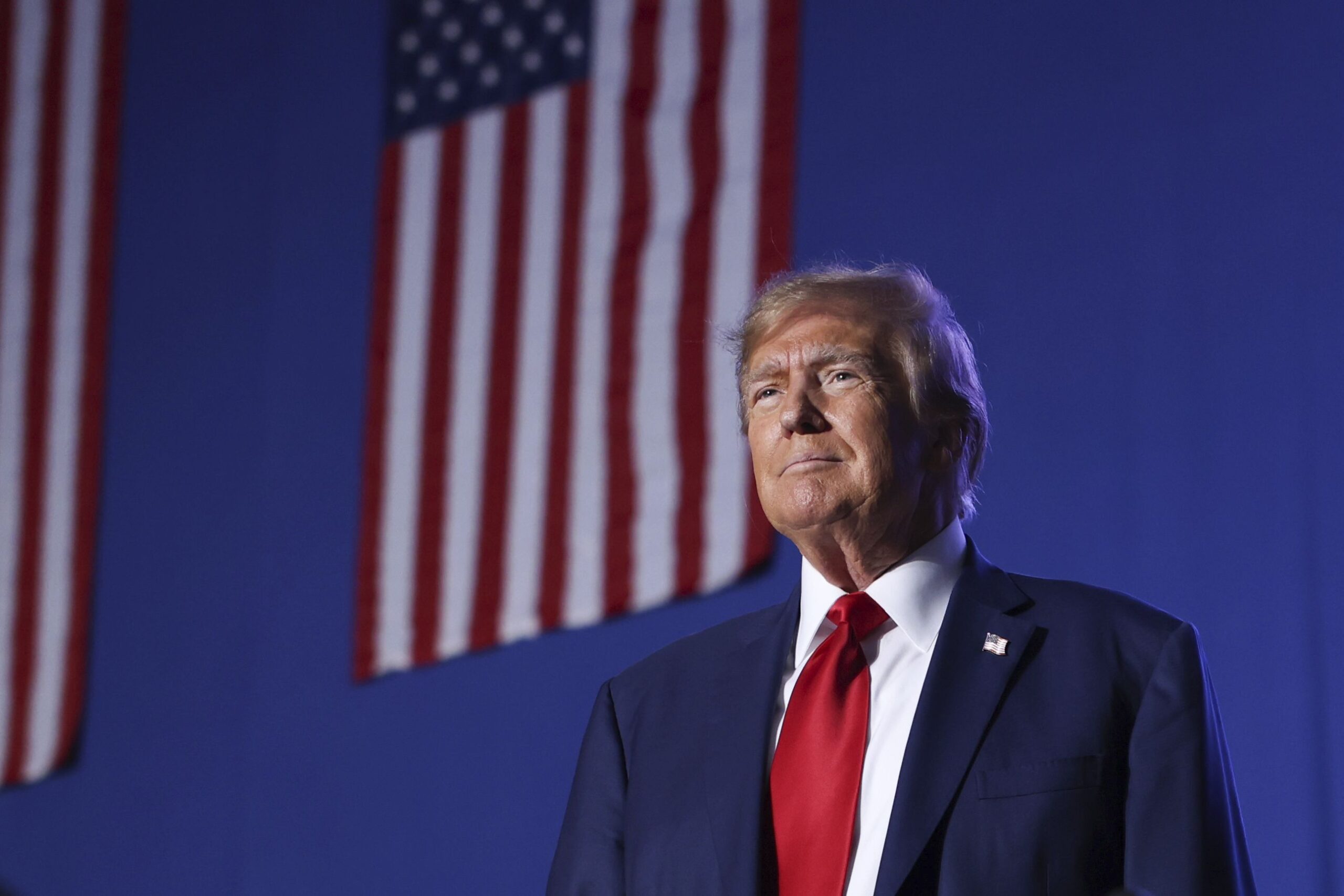The Iowa caucus on Monday will serve as the first litmus test of whether Donald Trump’s secret weapon in the 2016 GOP presidential nomination race – his robust support among blue-collar evangelical Christians – still holds sway in 2024. Current indicators suggest a positive response.
Trump’s unexpected rise to the nomination in 2016 was largely due to the surprising number of White evangelical Christians who voted for a thrice-married, casino-owning New Yorker, previously known for his liberal views on social issues such as abortion. Trump’s appeal among evangelical Christians was largely due to his overwhelming support from community members without a college degree, who backed him in significantly higher numbers than their more educated counterparts.
Now, the former president is polling better nationally than in the 2016 contest among virtually every major demographic group across the party. However, blue-collar evangelicals could once again be a crucial line of defense for Trump in the early states, including Iowa, where voters are more engaged in the race and the results will determine whether his remaining rivals can seriously threaten him for the nomination.
Florida Gov. Ron DeSantis, like Texas Sen. Ted Cruz in the 2016 race, has largely pinned his hopes this year on mobilizing Iowa’s large number of evangelical Christian conservatives. DeSantis has positioned himself on the far right on virtually every cultural issue in the race and has argued to evangelicals that they can’t trust Trump to deliver on the issues they care most about, including banning abortion and restricting options for transgender young people to participate in school sports or receive gender-affirming care.
Despite DeSantis’ efforts, running against Trump from the right on social issues appears to be even more challenging now than it was for Cruz eight years ago. DeSantis is “saying what he would do, but people every day, even now, see Trump actually fighting on all these things,” said Gary Bauer, a long-time social conservative leader and former GOP presidential candidate in 2000 who now serves on a faith advisory board to Trump’s campaign.
The magnitude of DeSantis’ challenge was underscored by the final pre-caucus Des Moines Register/NBC News/Mediacom Iowa poll released Saturday night. Beyond Trump’s strong overall lead, the survey showed the former president attracting 51% support from Iowa evangelicals, far more than he drew in 2016. DeSantis lagged far behind with those voters, drawing just 22% of them.
Trump’s breakthrough among blue-collar evangelicals in the 2016 contest was a key component of his larger success at reorienting the axis of GOP politics. In the two presidential contests immediately before Trump, the most important fault line in the Republican race had been between voters who identified as evangelical Christians and those who did not.
This year, DeSantis will likely need to shake Trump’s hold on evangelical voters if he is to finish well enough in Iowa to remain a viable candidate after Monday. The Florida governor has made the case to Iowa evangelicals that they can no longer trust Trump to take conservative positions on social issues such as abortion and LGBTQ rights, an argument amplified by his wide range of evangelical supporters in the state.
Robert P. Jones – founder and president of the Public Religion Research Institute, who has written several books on conservative Christians – says the education gap in the evangelical community has grown more pronounced because Trump has focused more political debates on the issues revolving around American identity that exacerbate it, such as immigration and race relations.
“Trump has really brought to the fore this overt appeal to an ethno-religious identity as the core of what it means to be an American, and protecting that as the core of what it means to be a Republican, and that I think has made [the evangelical community] break more sharply along education lines,” Jones said.
Monday’s results in Iowa will begin to gauge how powerful that connection remains three years after Trump left office in a maelstrom of violence and turmoil. Even in historically bitter cold across Iowa, the late indications show no signs that bond is cracking.

